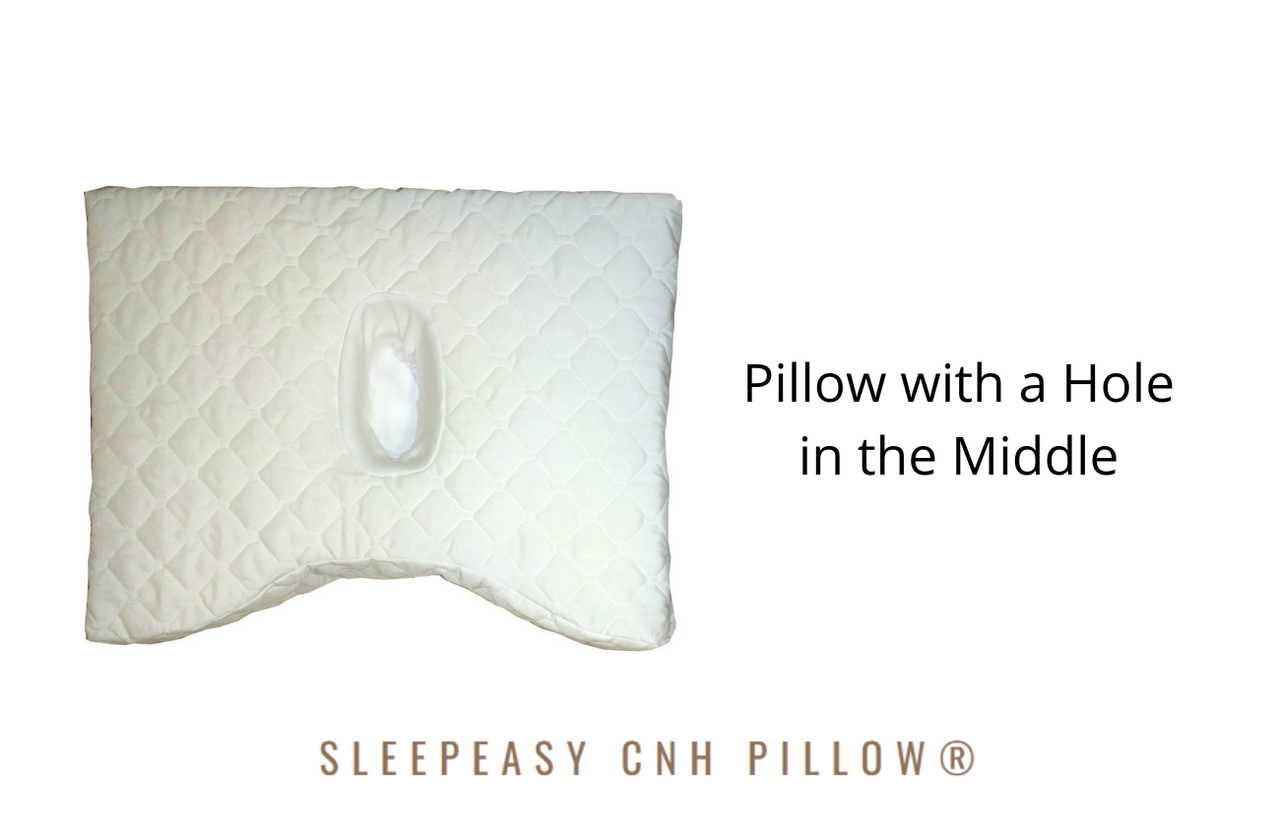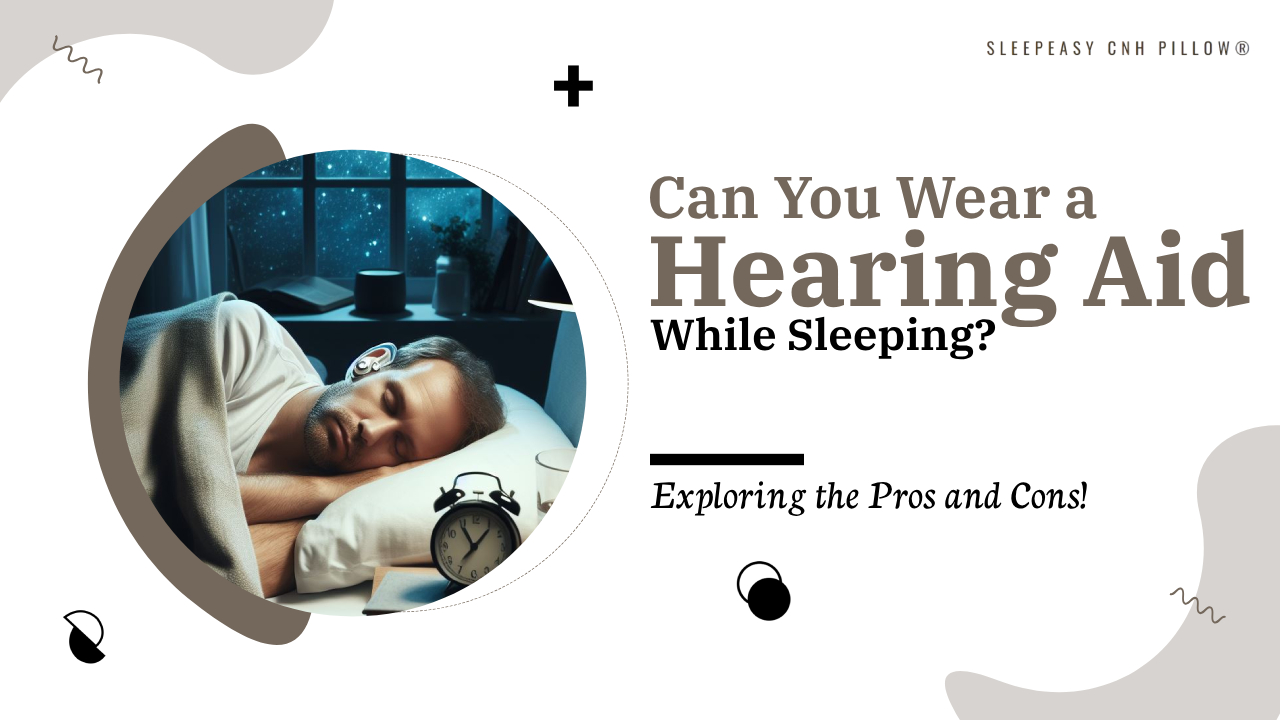Hearing Aids: Sleep Pros & Cons
Jan 25th 2024
Keynotes
- Wearing a hearing aid while sleeping is possible, especially with a hearing aid pillow featuring a hole for added comfort.
- Pros include maintaining a crucial connection to surroundings, enhancing communication, and reducing anxiety for better sleep quality.
- Cons involve potential discomfort and ear pain, risk of damage from moisture, and impact on battery life. To address these, choose a hearing aid designed for extended wear, consult with an audiologist, and consider using a specialized pillow for added comfort and support.
Yes, you can wear a hearing aid while sleeping, especially with a specialized hearing aid pillow featuring a hole for added comfort. Without such a pillow, it may lead to discomfort during the night.
Wearing a hearing aid while sleeping is a common query among individuals with hearing impairments. As technology advances, so do the features of hearing aids. In this blog, we'll delve into the considerations, advantages, and potential drawbacks of wearing a hearing aid during the night.
Pros of Wearing a Hearing Aid While Sleeping:
- Maintaining Connection: Wearing a hearing aid can help individuals stay connected to their surroundings, even during sleep. This is particularly beneficial for those who rely on auditory signals for safety, such as alarms or notifications.
- Improved Communication: Sleeping with a hearing aid may enhance communication with bed partners or caregivers. Important sounds, like a baby crying or a fire alarm, can be heard more easily.
- Reduced Anxiety: For some individuals, the reassurance of being able to hear important sounds while asleep can reduce anxiety and promote better sleep quality.
Cons of Wearing a Hearing Aid While Sleeping:
- Discomfort and Ear Pain: Sleeping with a hearing aid may cause discomfort, especially if the device is not designed for extended use. The pressure on the ear or the physical presence of the hearing aid can be bothersome, leading to potential ear pain while sleeping.
- Risk of Damage: Continuous use during sleep exposes the hearing aid to sweat, moisture, and pressure, potentially leading to damage or malfunctions over time.
- Battery Life: Extended use during the night may impact the battery life of the hearing aid. Users need to consider the practicality of charging the device more frequently.
Considerations for Wearing a Hearing Aid While Sleeping
- Establishing a Routine: If choosing to wear a hearing aid during sleep, consider using a specialized hearing aid pillow with a hole. These pillows are designed to accommodate the device, offering comfort and support while reducing pressure.
- Selecting the Right Device:Opt for hearing aids designed for comfortable extended wear. Some models are specifically crafted with soft materials to reduce discomfort during sleep.
- Consultation with Audiologist:Before deciding to wear a hearing aid while sleeping, consult with an audiologist. They can provide personalized advice based on individual needs and preferences.

Conclusion
While wearing a hearing aid during sleep has both advantages and drawbacks, it ultimately depends on individual preferences and needs. Consulting with a healthcare professional and choosing the right device, along with considering accessories like a "hearing aid pillow," can make the experience more comfortable and beneficial. As technology continues to advance, the future may bring even more innovative solutions for those seeking improved auditory experiences, both day and night.
